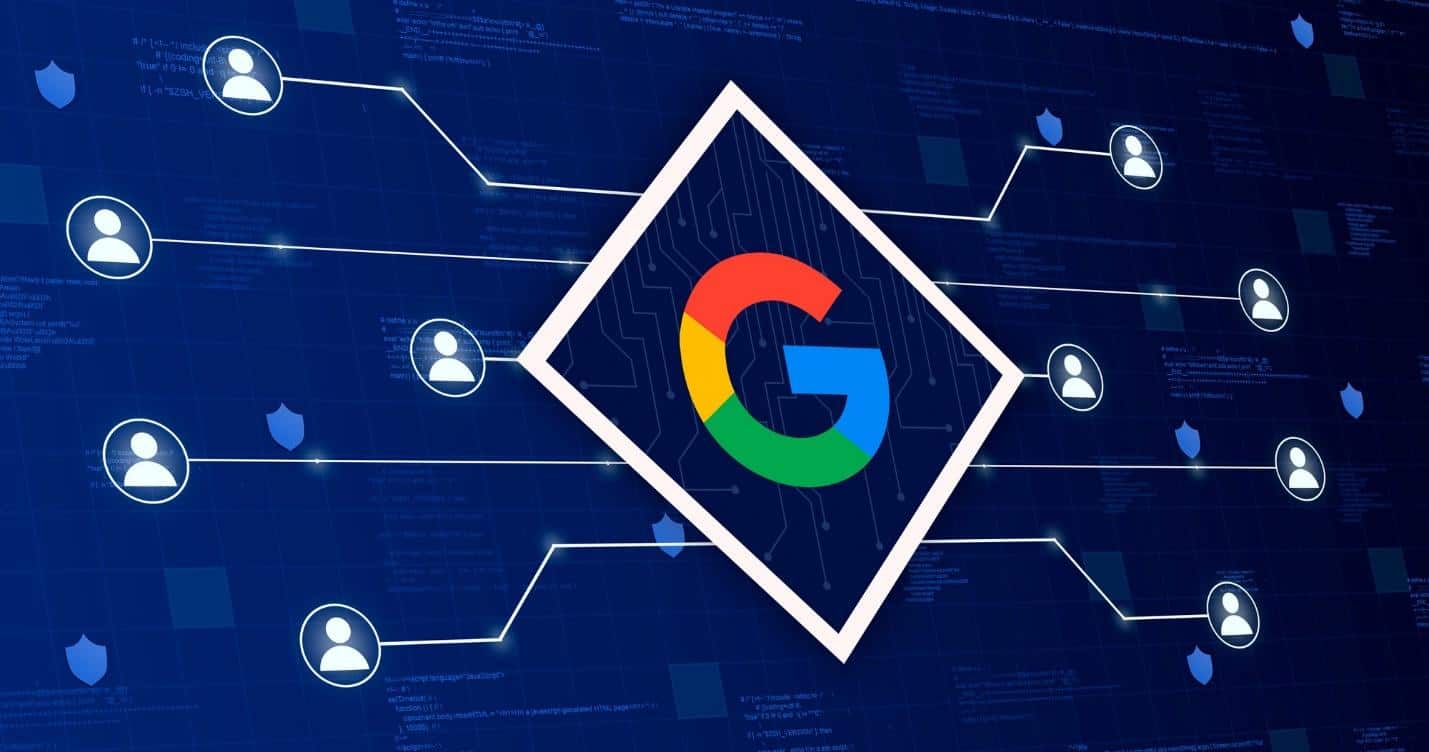In the ever-evolving world of digital marketing, staying ahead of Google’s frequent algorithm updates can feel like chasing a moving target. These updates often affect how websites rank on search engine results pages (SERPs), shifting the entire landscape of organic and paid search strategies. For marketers and businesses, this means adapting quickly to maintain visibility and performance. This is where paid search intelligence becomes a powerful ally, offering actionable insights to help you respond proactively and keep your campaigns effective.

Understanding Google Algorithm Updates
Google’s algorithm updates are designed to improve the quality of search results for users. These updates often target specific areas, such as content relevance, page experience, spam detection, or mobile-friendliness. Major updates like Google’s Core Updates, Helpful Content Update, or Page Experience Update can drastically alter search rankings, leaving businesses scrambling to adjust their strategies.For example, a Core Update may prioritize high-quality, authoritative content, while a Page Experience Update may emphasize fast-loading, mobile-friendly websites. These shifts can impact not only organic rankings but also the performance of paid search campaigns, as ad relevance and landing page experience are key factors in Google Ads quality scores.
The Role of Paid Search Intelligence
Paid search intelligence involves analyzing data from paid search campaigns and competitors to gain a deeper understanding of search trends, user behavior, and performance metrics. This intelligence can provide a roadmap for navigating Google’s algorithm changes effectively. Here’s how it can help:
- Monitoring Shifts in Search Trends
Algorithm updates often lead to changes in search behavior as users adjust to new search result layouts or content prioritization. Paid search intelligence tools can help you monitor keyword performance and identify shifts in search volumes. For instance, if an update favors long-tail keywords, you can quickly identify this trend and adjust your bidding strategy to target these terms, ensuring your ads remain visible.
- Competitor Analysis
When Google rolls out an update, your competitors are affected too. Paid search intelligence tools allow you to observe how competitors are adjusting their strategies. Are they bidding on new keywords? Have they modified their ad copy or targeting? By studying their tactics, you can identify opportunities to gain a competitive edge.
- Enhancing Ad Relevance and Quality Scores
Google’s algorithm updates often emphasize user experience, which directly impacts your ad relevance and quality scores in Google Ads. Paid search intelligence can provide insights into user intent, helping you refine your ad copy and landing pages to align with what users are searching for post-update. Higher relevance and better landing pages not only improve your quality scores but also reduce your cost-per-click (CPC).
- Adapting to SERP Layout Changes
Algorithm updates can also alter the layout of search engine results pages (SERPs), such as introducing new features like People Also Ask boxes, featured snippets, or local packs. Paid search intelligence tools can help you identify these changes and adjust your campaigns accordingly. For example, if a featured snippet is dominating the SERP, you might want to adjust your bidding strategy to secure a top ad position above it.
- Testing and Experimentation
Paid search intelligence enables data-driven experimentation, which is crucial after an algorithm update. By running A/B tests on ad copy, targeting, and bidding strategies, you can determine what works best in the new search landscape. Tools like Google Ads Experiment or third-party platforms can help you gather insights quickly and implement changes effectively.

Staying Proactive in a Dynamic Landscape
The key to thriving amidst Google’s algorithm updates is staying proactive rather than reactive. Paid search intelligence empowers you to anticipate changes, adapt quickly, and even turn updates into opportunities. By leveraging data-driven insights, you can ensure your campaigns remain relevant and competitive, no matter how the search landscape evolves.
Final Thoughts
Google’s algorithm updates may seem daunting, but they also present opportunities to refine your digital marketing strategies. With the help of paid search intelligence, you can navigate these changes with confidence. From monitoring search trends to optimizing ad relevance and analyzing competitors, paid search intelligence provides the tools you need to stay ahead of the curve.By embracing data-driven decision-making, you can transform Google’s algorithm updates from a challenge into a chance to innovate and grow. So, the next time Google shakes things up, you’ll be ready to adapt, thrive, and achieve your marketing goals.